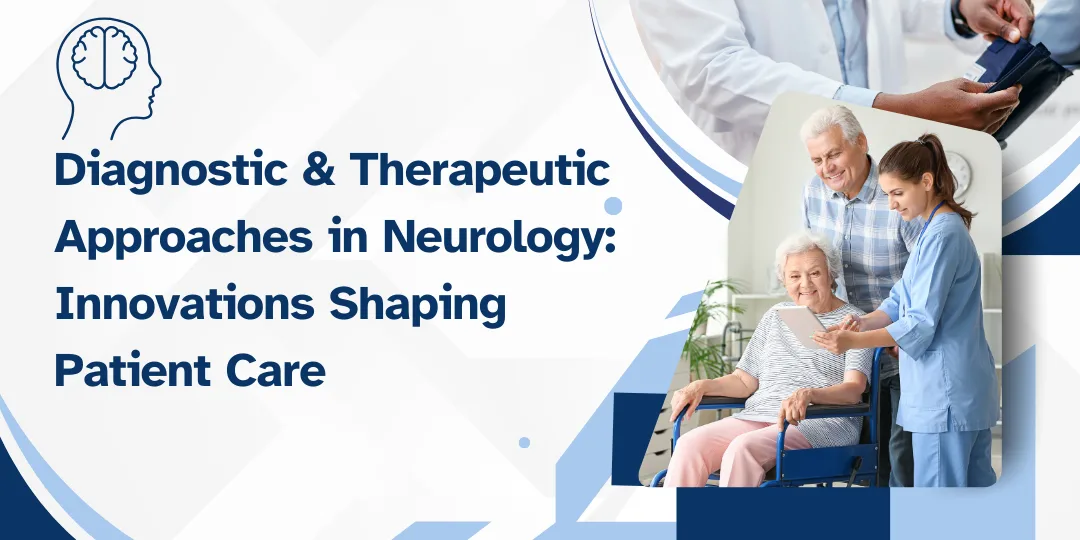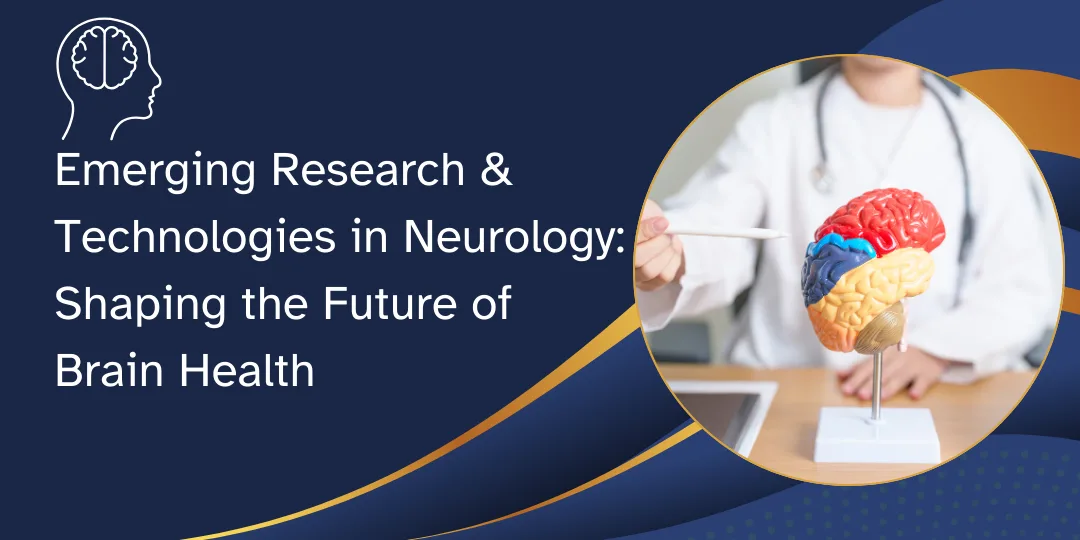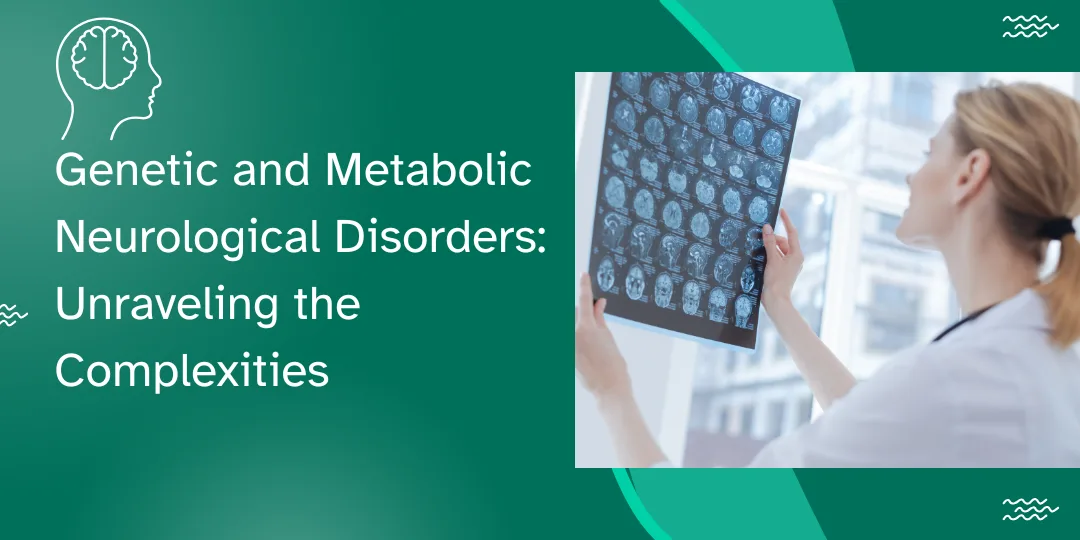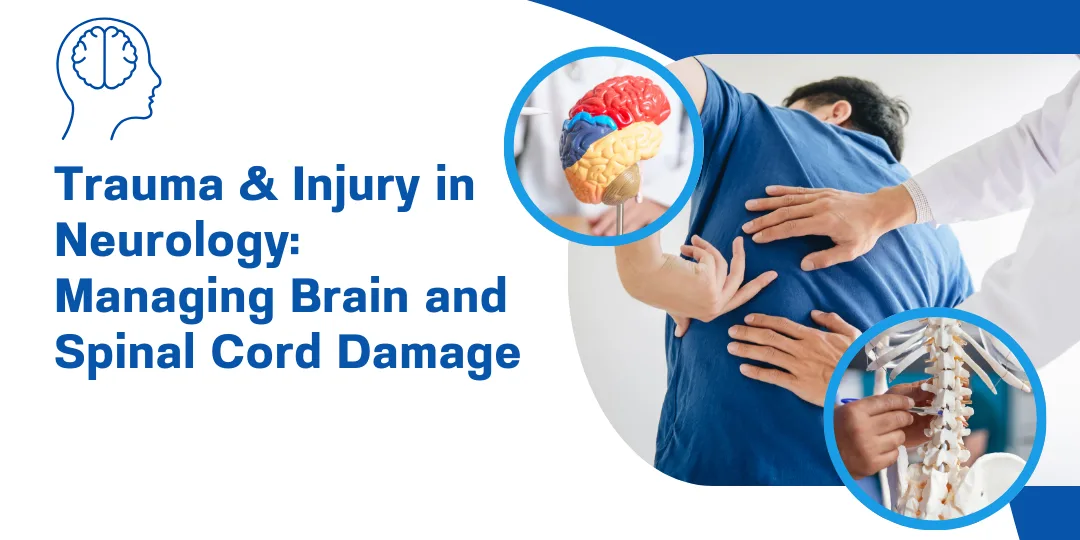Neurological disorders present unique ethical and global health challenges, from ensuring equitable access to care to addressing complex end-of-life decisions. These issues require thoughtful consideration and collaboration to improve outcomes for patients worldwide. In this expanded blog post, we’ll explore key ethical dilemmas, global health disparities, and strategies for advancing neurological care.
End-of-Life Care in ALS: Ethical Dilemmas and Advance Directives
Amyotrophic lateral sclerosis (ALS) is a progressive neurodegenerative disease that leads to severe disability and, ultimately, death. End-of-life care for ALS patients raises significant ethical questions, particularly regarding the use of life-sustaining interventions like mechanical ventilation and feeding tubes.
Key Considerations:
- Patient Autonomy: Respecting patients’ wishes through advance directives and living wills.
- Quality of Life: Balancing prolonging life with maintaining dignity and comfort.
- Caregiver Burden: Addressing the emotional and physical toll on families and caregivers.
Strategies for Improvement:
- Early discussions about end-of-life preferences.
- Palliative care integration to manage symptoms and provide emotional support.
- Ethical frameworks to guide decision-making in complex cases.
Global Burden of Epilepsy: Access to Antiseizure Medications
Epilepsy affects over 50 million people worldwide, with 80% of cases occurring in low- and middle-income countries (LMICs). Limited access to antiseizure medications (ASMs) and specialized care exacerbates the burden of epilepsy in these regions.
Challenges:
- Medication Shortages: High costs and supply chain issues restrict access to ASMs.
- Stigma and Misconceptions: Cultural beliefs often hinder timely diagnosis and treatment.
- Healthcare Infrastructure: Lack of trained neurologists and diagnostic tools in LMICs.
Solutions:
- Expanding access to affordable, generic ASMs.
- Community education programs to reduce stigma and raise awareness.
- Telemedicine and training initiatives to bridge the gap in neurological expertise.
Neuroethics: Cognitive Enhancement and Deep Brain Stimulation
Advances in neuroscience, such as cognitive enhancement technologies and deep brain stimulation (DBS), raise important ethical questions about their use and implications.
Key Issues:
- Cognitive Enhancement: The ethical implications of using drugs or devices to enhance memory, attention, or other cognitive functions in healthy individuals.
- DBS for Psychiatric Disorders: Balancing the potential benefits of DBS for conditions like depression or OCD with risks like personality changes or dependency.
- Informed Consent: Ensuring patients fully understand the risks and benefits of emerging therapies.
Future Directions:
- Developing ethical guidelines for the use of neurotechnologies.
- Promoting public dialogue on the societal implications of cognitive enhancement.
- Ensuring equitable access to advanced treatments.













0 Comments